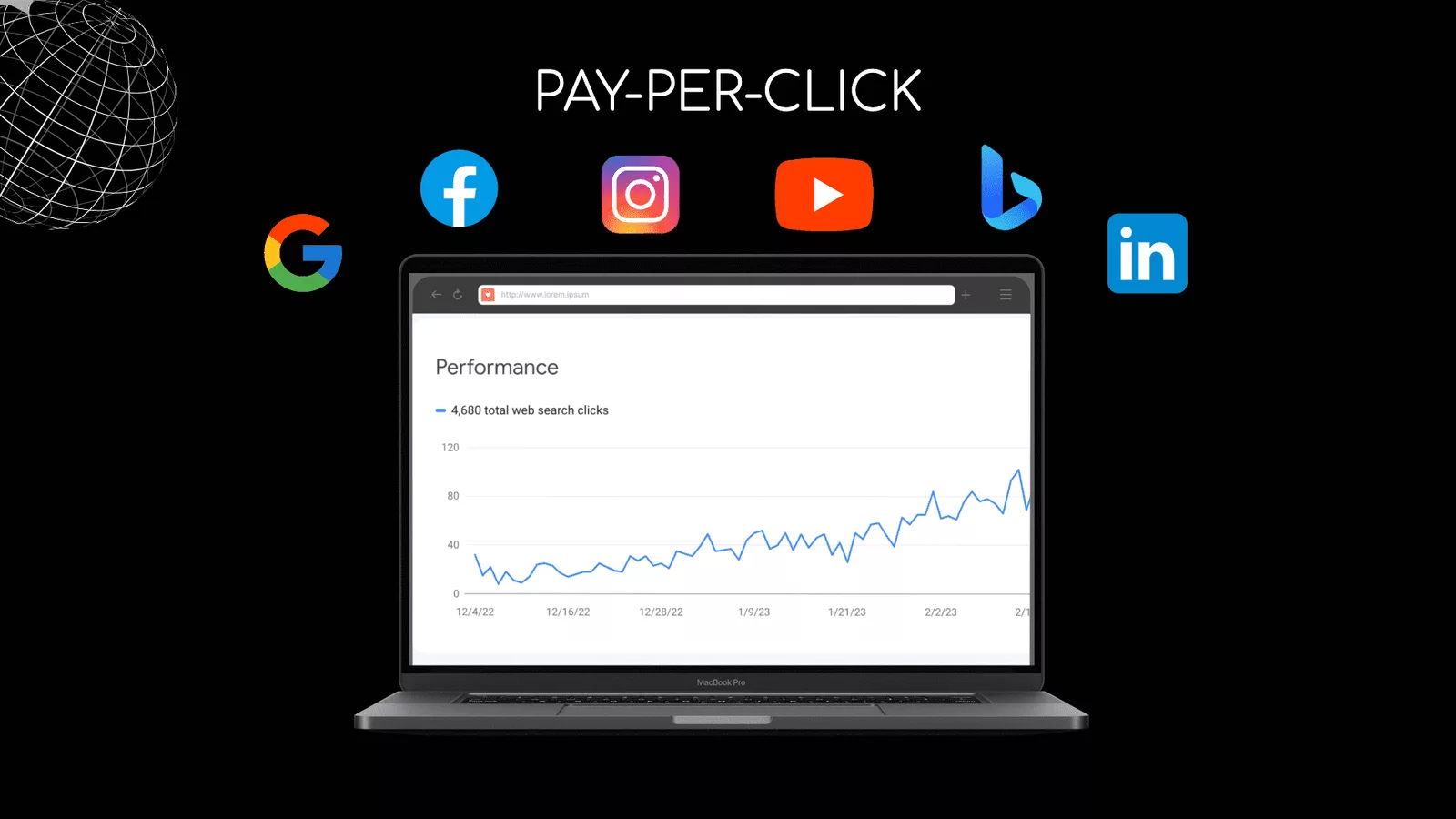Keyword research is a crucial part of any PPC campaign. It involves identifying the right keywords to target for your ads to appear on search engine result pages (SERPs).
If done correctly, it can increase your ad’s visibility and relevance, and ultimately drive more traffic to your website. However, conducting keyword research can be overwhelming, especially if you’re new to PPC advertising.
In this article, we’ll provide a step-by-step guide on how to do keyword research for PPC campaigns.
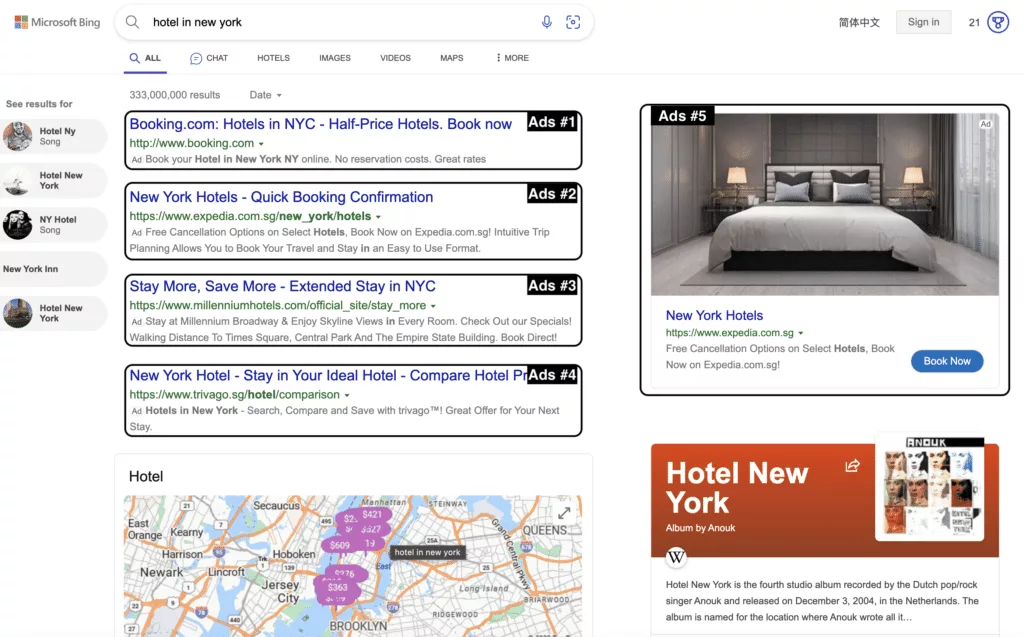
1. Understanding Keyword Research for PPC
Keyword research involves identifying and analyzing keywords that potential customers use when searching for products or services online. It is an essential step in PPC advertising since it helps advertisers identify the right keywords to target in their ad campaigns.
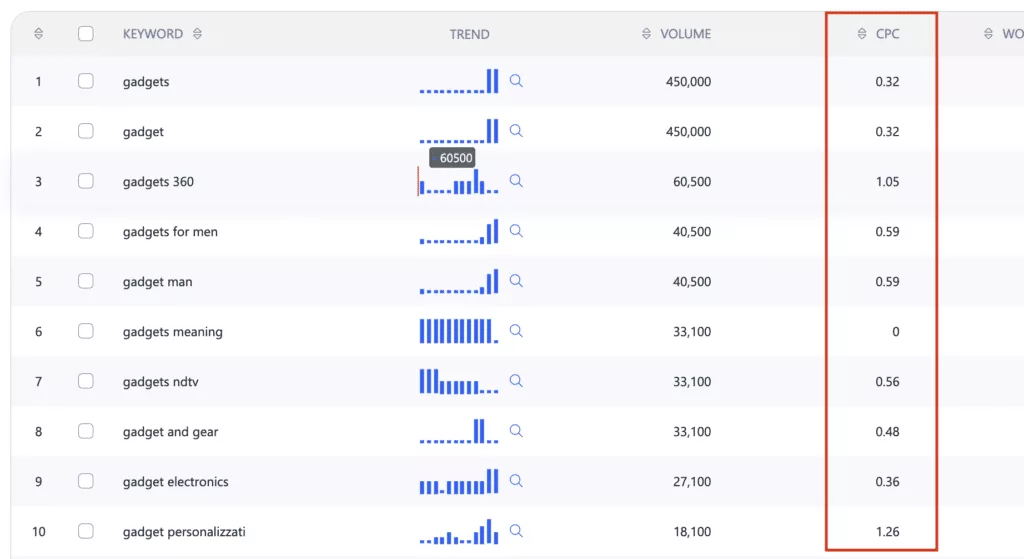
2. Define Your Campaign Objectives
Before conducting keyword research, you need to define your campaign objectives. What are you trying to achieve with your PPC campaign? Is it to increase sales, drive traffic, or generate leads? Your campaign objectives will determine the keywords you target and the landing pages you use.
Request Free Review
We start by reviewing your website and then take a look at your current ranking in SERPs.
- Unlock Your Website’s Potential with Our Comprehensive Analysis.
- Outrank Your Competitors with Our Expert Insights and Recommendations.
- Ways for increasing website traffic.
- Get Tailored Recommendations to Achieve Better Results Online.
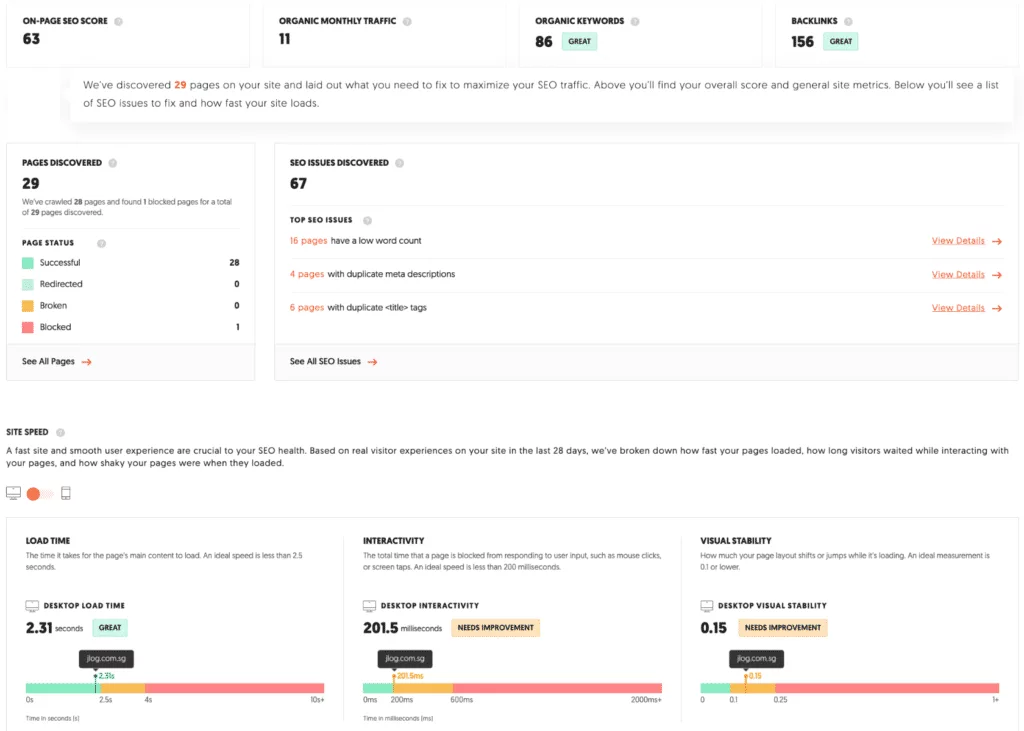
3. Make a List of Relevant Topics
Once you have defined your campaign objectives, you need to create a list of relevant topics that your customers may be interested in. For example, if you’re selling shoes, your list of relevant topics may include “running shoes,” “hiking shoes,” “work shoes,” etc.
4. Brainstorm Seed Keywords
Next, you need to brainstorm seed keywords related to each topic. Seed keywords are the main keywords that describe the topic. For example, for the topic “running shoes,” your seed keywords may include “running shoes,” “jogging shoes,” “athletic shoes,” etc.
5. Use Keyword Research Tools
Keyword research tools can help you identify additional keywords related to your seed keywords. These tools include Google Keyword Planner, SEMrush, Ahrefs, and Moz. They can provide you with information such as search volume, competition, and suggested bid for each keyword.
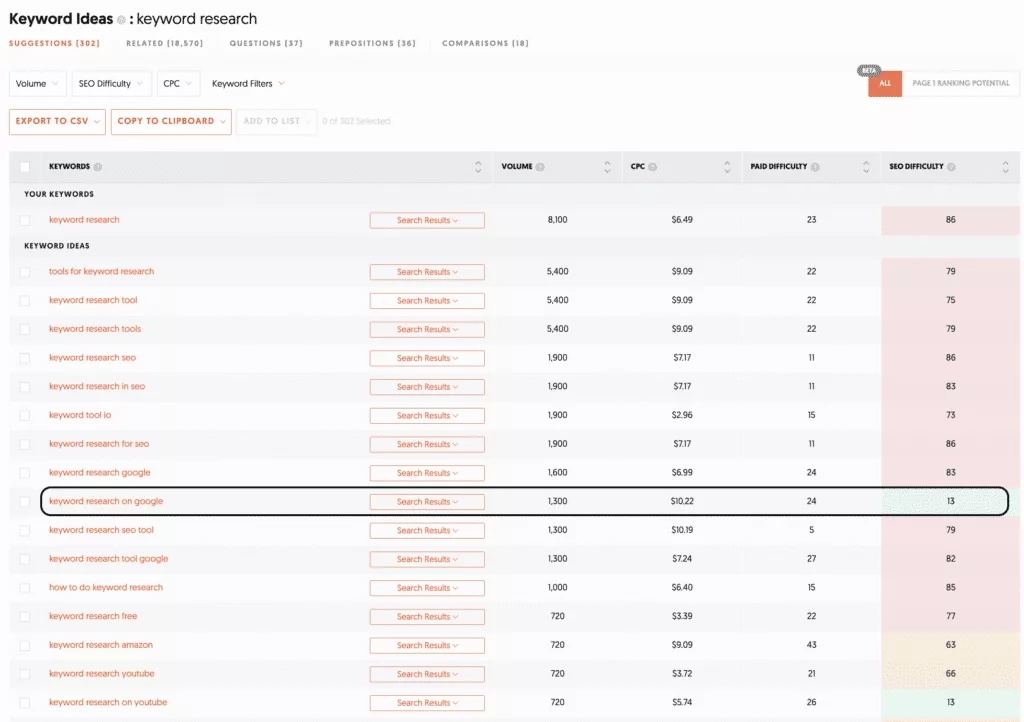
1. Start with the Right Tool
The first step in conducting keyword research for PPC is to choose the right tool. Google Keyword Planner is a popular choice as it offers valuable insights into both SEO and PPC opportunities. However, it may not provide all the data you need, so consider investing in a more comprehensive PPC keyword research tool like the PPCexpo Keyword Planner.
2. Look for Relevant Keywords
Once you have selected your tool, start looking for keywords relevant to your campaign. Focus on keywords that capture the intent of your audience, and those that are in high demand. Use the data to identify emerging trends and opportunities.
3. Consider the Stages of Awareness
Keyword research should be tailored to the stage of awareness of your target audience. Identify the problem, solution, and awareness stages, and fill in key themes that align with each stage. This will help you craft targeted messages that resonate with your audience and drive conversions.
4. Analyze Data and Optimize Campaigns
Keyword research is an ongoing process that requires continuous analysis and optimization. Use the data to make informed decisions about your campaigns, such as bid strategies, budget allocation, and ad messaging. Regular monitoring and analysis will help you stay ahead of the competition and drive better results.
5. Leverage Expertise and Experience
Finally, consider partnering with a team of PPC experts with proven experience in keyword research and campaign optimization. With the right expertise, tools, and support, you can maximize your PPC ROI and achieve your business objectives.
6. Analyze Your Competitors’ Keywords
Another way to identify keywords for your PPC campaign is by analyzing your competitors’ keywords. You can use tools such as SEMrush and SpyFu to see which keywords your competitors are targeting and how they’re performing.
1. Start by Defining your Competition
Defining your competition will help you get a clear view of the entire PPC landscape surrounding your campaign. Identify your competitors and examine their paid search ads as this will provide insights into their bidding and keyword strategies.
2. Analyze their PPC Strategy
To beat your competition, you need to understand what they are doing well and what they are not doing well. Analyze their ad content, ad copy, and landing pages. This will give you valuable information on their keyword strategies, bidding strategies, and ad deployment.
3. Research their Keywords
To optimize your PPC campaigns, you need to know the right keywords to target. Start by researching the keywords your competitors are after, and examine how they are using them to rank better in search results. With this information, you can form a solid strategy to beat them at their own game.
4. Evaluate their Landing Pages
Landing pages play a critical role in generating conversions from paid search ads. Evaluate your competitor’s landing pages to see how they are using them to convert visitors into customers. You can also identify weaknesses in their landing pages and use this to your advantage.
7. Group Your Keywords
Once you have a list of keywords, you need to group them into ad groups. Ad groups are a collection of keywords that share a common theme. For example, if you’re selling shoes, you may have ad groups for “running shoes,” “hiking shoes,” “work shoes,” etc.
8. Refine Your Keyword List
After grouping your keywords, you need to refine your list by removing irrelevant or low-performing keywords. Focus on keywords that have high search volume, low competition, and a high conversion rate.
9. Conduct Negative Keyword Research
Negative keywords are keywords that you don’t want your ads to appear for. For example, if you’re selling shoes, you may want to exclude keywords such as “free shoes,” “cheap shoes,” etc. Negative keyword research helps you save money and improve the relevancy of your ads.
10. Monitor and Adjust Your Campaign
Finally, you need to monitor your PPC campaign and adjust your keyword targeting based on performance. Use analytics and tracking tools such as Google Analytics to measure your campaign’s performance. Look for keywords that are generating clicks, conversions, and revenue. Also, identify keywords that are not performing well and either refine them or remove them from your campaign.
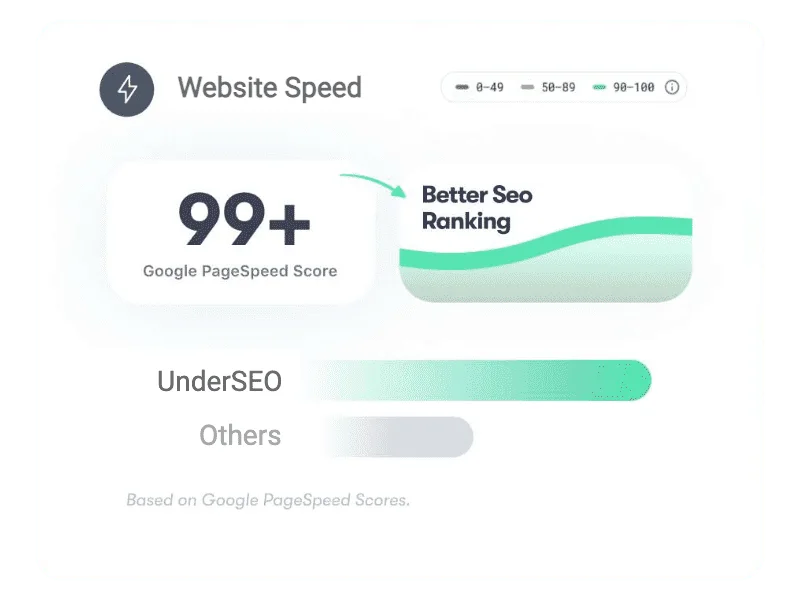
Need Some Help?
PPC’s Guide: How to Do Keyword Research for PPC
Conclusion
Keyword research is a crucial step in creating successful PPC campaigns. By identifying the right keywords to target, you can increase your ad’s visibility, relevance, and ultimately drive more traffic to your website. However, it’s important to remember that keyword research is an ongoing process. You need to monitor your campaign’s performance and adjust your keyword targeting based on data and insights.
FAQs
What is the importance of keyword research for PPC?
Keyword research helps identify the right keywords to target in your PPC campaigns, ultimately increasing your ad’s visibility, relevance, and driving more traffic to your website.
What are seed keywords in keyword research?
Seed keywords are the main keywords that describe the topic. They are used as a starting point to identify additional keywords related to the topic.
How can I conduct negative keyword research?
Negative keyword research involves identifying keywords that you don’t want your ads to appear for. You can use tools such as Google Keyword Planner to identify negative keywords.
Why is monitoring and adjusting your campaign important?
Monitoring and adjusting your campaign based on performance data is important to optimize your campaign’s success. By identifying keywords that are generating clicks, conversions, and revenue, you can refine your keyword targeting and increase the ROI of your PPC campaign.
What are ad groups in PPC campaigns?
Ad groups are a collection of keywords that share a common theme. They help organize your PPC campaign and make it easier to create targeted ads that resonate with your audience.

